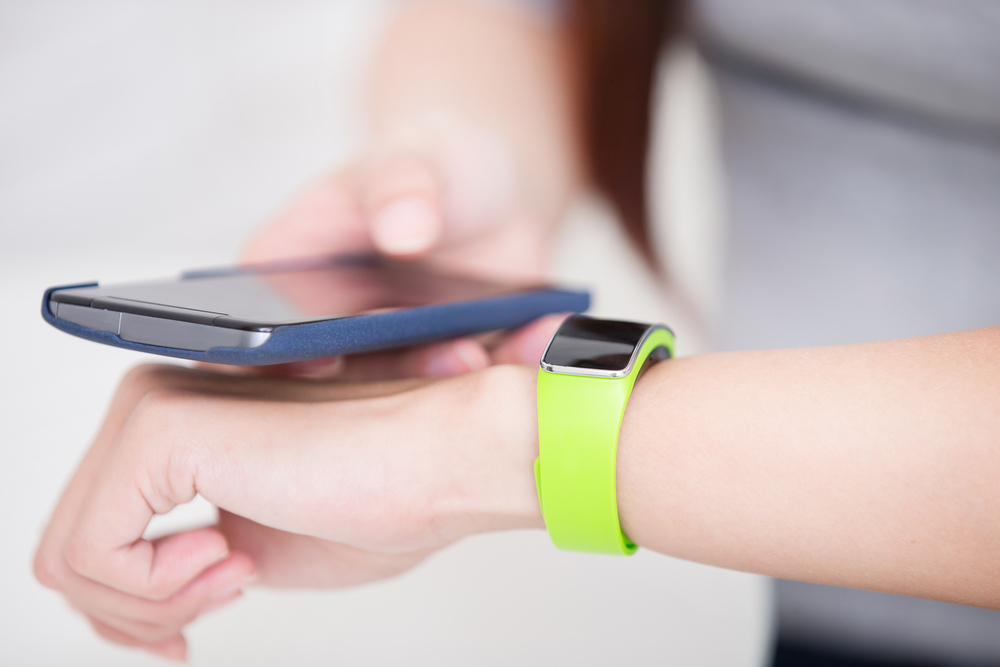NHS staff say new tech could help 18.6 million more patients a year get treatment, reveals new report

Survey of 1,000 NHS staff finds that while progress has been made on digital integration and maturity within the NHS, millions more patients could benefit from further adoption of technology.
New research from Virgin Media O2 Business has found that three in five (61 per cent) NHS staff believe new digital solutions could help at least 18.6 million* more patients receive treatment annually. Surveying 1,000 senior decision-makers in public healthcare across the UK, the Bridging the digital gap in UK healthcare report shows nearly two fifths (38 per cent) believe that new digital tools could help the NHS to reach 3-5 per cent more patients each day – potentially benefitting at least 51,000 more people daily.
Technology is recognised as a key enabler of positive change in the health sector. According to the report, digital technologies, like electronic health recording and Internet of Things (IoT) devices for monitoring vital medicine, could significantly reduce the workloads of frontline staff and decrease patient waiting times, as noted by 4 out of 5 (86 per cent) NHS staff members surveyed. Nearly a quarter (23 per cent) of surveyed healthcare workers, ranging from clinical to admin and IT roles, believed that technological improvements could drive at least a 5 per cent increase in patient consultations, potentially helping up to 31 million additional people per year.
Since the introduction of integrated care systems across England in 2022, there has been significant digital progress building on wider integration approaches across the devolved nations. Nearly all (98 per cent) respondents acknowledged this has positively influenced hospital technology adoption in their locality. A further 51 per cent of staff felt that there has been significant progress in the standardisation of digital systems since January 2023.
With NHS structures varying across the UK, a clear regional divide persists as respondents identify varying levels of digital maturity. Over four-fifths (85 per cent) of surveyed staff in London, Belfast and Edinburgh agreed that current connectivity solutions in their area are effectively supporting efficient patient care. Yet, this number dropped to 65 per cent of staff in the South East, South West and Yorkshire and the Humber.
Mark Burton, Health and Social Care Lead, Virgin Media O2 Business, said that: “The introduction of integrated patient care has already had a positive impact on digital progress across the NHS. However, our findings demonstrate there is still a huge untapped opportunity to use technology to drive operational efficiencies for patients and staff across the UK.
“As the NHS becomes increasingly digital, prioritising digital skills and confidence for staff, fostering open communication and adopting a strategic approach to technology investment will be critical to continued progress. Public-private partnerships can help here, playing a significant role in delivering robust connectivity for an NHS that is ready for anything.”
Virgin Media O2 Business currently works with 174 NHS Trusts & Boards, representing about 70% of all those in the UK, to develop and deliver core connectivity solutions. These solutions allow teams to drive efficiencies within the NHS to enable a smoother delivery of patient care.
To further support frontline staff with efficiency and patient waiting times, Virgin Media O2 Business recently launched its ‘Care-ready Connectivity’ suite of health solutions in a move to help tackle the digital gap in British healthcare. The telco has also committed to partner with the UK Government and charity, Supporting Children with Diabetes, to donate recycled smartphones to help children of low income families access technology so they can monitor their blood glucose levels.
Learn more about Virgin Media O2 Business’ support for the sector here.
*Based on The King’s Fund’s findings: In total there was an estimated 1.7 million patient contacts with GP, community, mental health, hospital, NHS 111 and ambulance services in 2023/24. To calculate this for a 3 per cent annual increase, the sum is 1.7million daily interactions x 0.03 x 365